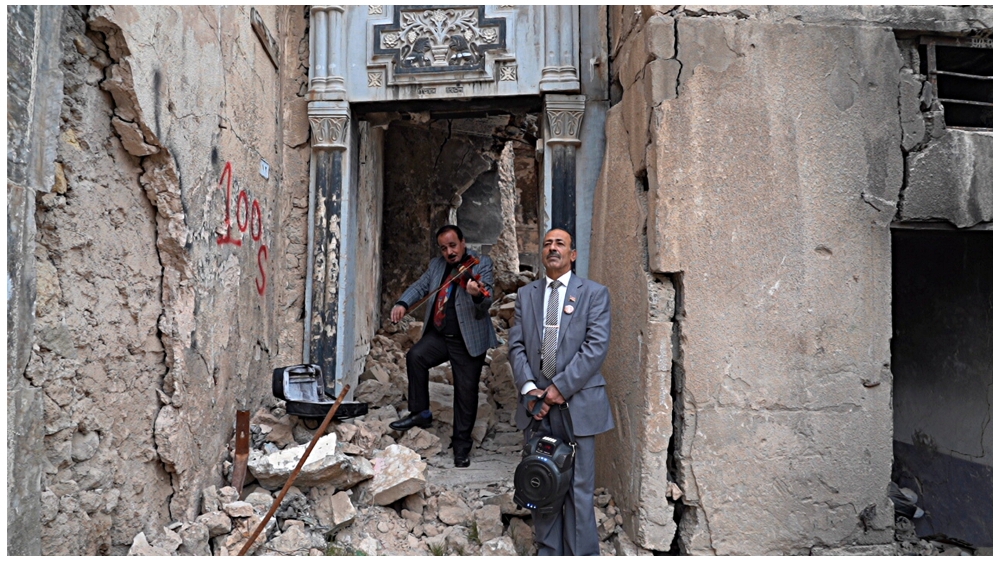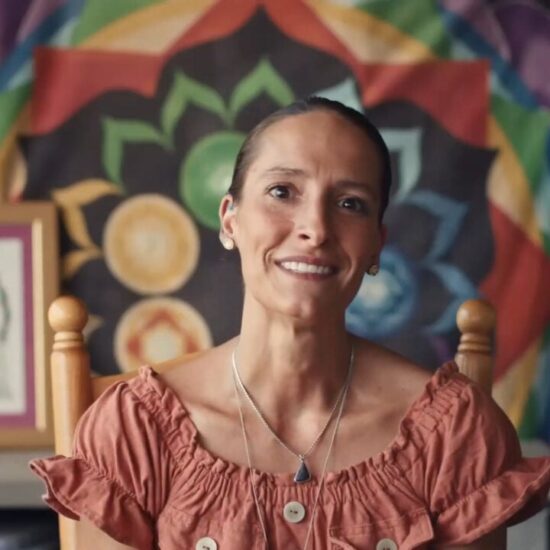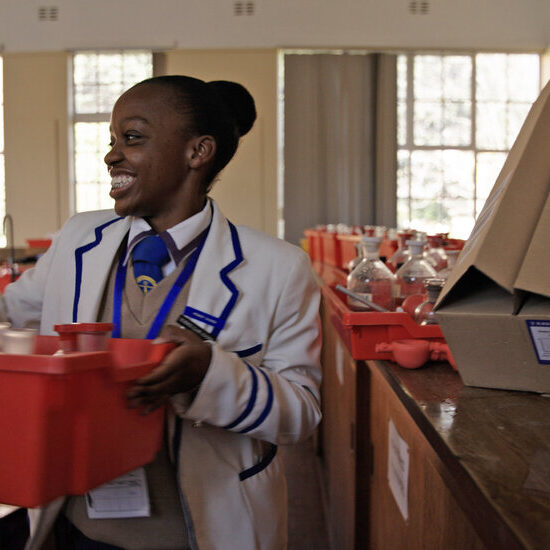
Once considered a showcase committed to hybrid documentaries, the CPH:FORUM in Copenhagen has steadily transformed into a four-day event that presents a variety of topics, genres and artistic approaches from a diverse group of filmmakers. While the carefully curated market isn’t fazed by experimental approaches to the form, the industry event also champions traditional docu projects and provides a prominent platform for veteran, mid-career and newbie directors and producers.
This year, the financing and co-production event, taking place in the middle of the 20th edition of the CPH:DOX documentary film festival, will feature 34 international projects selected from a record number 478 submissions. According to artistic director of CPH:DOX Niklas Engstrom, the films selected to participate in the FORUM didn’t need to meet a specific criteria, but each project is “important artistically, socially, politically, and culturally.”
Tereza Simikova, head of industry and training at CPH:DOX, adds: “We don’t have unifying criteria that we then apply to all different films to create a lineup that is really stone solid. What we really try to do is to challenge the idea that documentary is this one thing. At festivals around the world, especially the A-list festivals, they have a special documentary category and two talks about documentary filmmaking, which is of course hilarious. If fiction has, I don’t know, 17 different genres, documentary could easily also have 17 genres at the very least. So, we are really looking into different perspectives on maybe similar themes.”
High-profile international filmmakers set to present their latest project include Oscar-nominated Jessica Kingdon (“Ascension”) with an Untitled Animal Project, and Ljubomir Stefanov (“Honeyland”) with “House of Earth.” Additionally BAFTA winner Finlay Pretsell (“Time Trial”) will unveil his latest work “Douglas Gordon: Self Divided,” and CPH:DOX’s 2021 top prize winner Ousmane Samassekou (“The Last Shelter”) will be at the FORUM with “Dreamscape.”
“We actually look at these (FORUM) projects as pieces of one big puzzle,” explains Simikova. “So, we are curating in such a way that the films speak to each other. The lineup is our statement on the world of filmmaking and the world as such.”
The event runs March 21-23, with CPH:WIP (works-in-progress) and CHANGE presentations taking place on March 20.
CPH:WIP will present eight projects. The titles include projects from established filmmakers such as Yrsa Roca Fannberg, Camilla Magid, Håvard Bustnes and Zippy Kimundu, who will show scenes from their upcoming films and look for gap financing or a launch pad for further distribution.
The development co-production training program CHANGE, which was established in 2021 in partnership with IMS (International Media Support) and EAVE (European Audiovisual Entrepreneurs) will feature eight projects from six Eastern European countries – Ukraine, Moldova, Belarus, Georgia, Armenia and Azerbaijan.
One reason the CHANGE program launched is due to the lack of submissions from countries on the eastern border of Europe prior to 2021.
“Knowing how important this region is to Europe, we were wondering if it really takes Sean Penn to make a film (about the Ukraine) or can we actually have first-hand testimonies from these countries and from the filmmakers who live there?” says Simikova. “Filmmakers who understand all the context and can break it down for the rest of Europe and the international community to really understand what’s at stake and what the dynamics are there. So, we wanted to make sure that these filmmakers have access to resources, and the European market so they can really make their own films and educate the rest of us.”
In addition to educating the world, Engstrom adds that CHANGE films will also, hopefully, keep news from Eastern Europe in the headlines.
“How democracies are actually holding up in the eastern part of Europe is important for the future of all of us,” Engstrom says. “It’s really important that we keep the conversation going so another Iron Curtain doesn’t come down. These documentaries are a way to keep the communication going.”
Film financiers from around the world and top representatives from streaming platforms such as Netflix, Disney+ and Amazon, and broadcasters including ARTE, BBC, CNN, National Geographic and POV will descend on Copenhagen to listen to FORUM pitches and connect with filmmakers. Whether or not projects garner financing and distribution is anyone’s guess given the tightening of streamer’s purse strings and the overwhelming popularity of crime and celebrity fare over provocative political-leaning docus.
But despite the current distribution climate, Simikova remains optimistic.
“We have never seen our FORUM or our marketplace as a service organization to the existing market,” she says. “We try to invite the people who are working in these (distribution and financing) spaces to join the conversation with the filmmakers. It is true that the streamers have a mission to bring the films that are fitting (a certain) criteria that they receive. But the people who are working at these streaming companies are also citizens and humans and people who are deeply interested in documentaries. And we appeal to them as such. So, it is important for us to have them here. It’s super important for us to prepare a program which is relevant for them so that they have a reason to engage with the films that we select for them. But it’s not that we are pre-selecting, we are not their algorithm. And we don’t want to be one. We really want to create space for films that are socially, artistically or politically challenging and we want to make an argument for them.”













